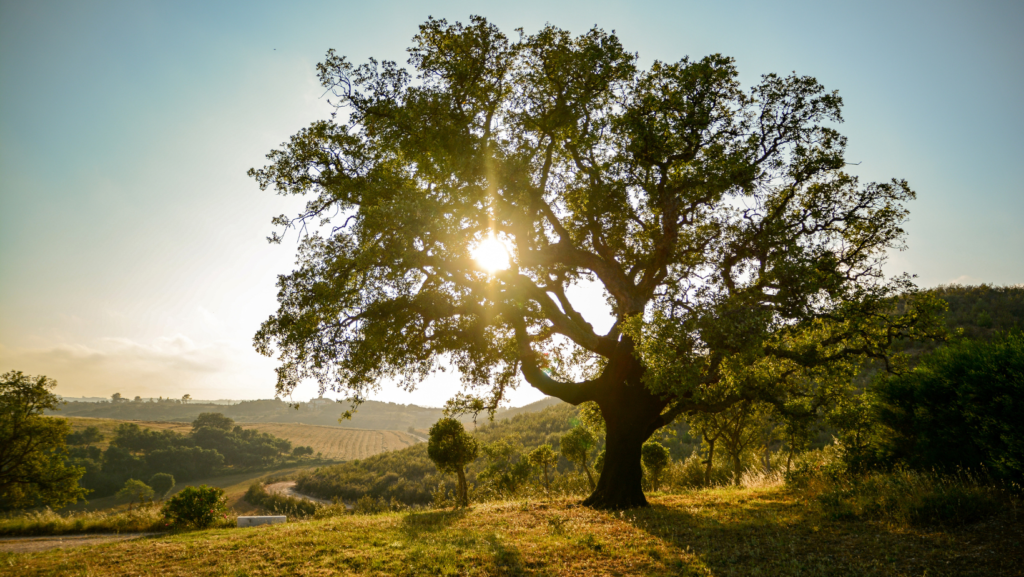
WHISKEY INDUSTRY NEWS | The National Fish & Wildlife Foundation (NFWF) Grant recently awarded the Tennessee Forestry Association close to $450,000 for improvements in Tennessee forests – specifically in Tennessee counties where Jack Daniel’s sources white oaks and where the iconic Tennessee Whiskey is made.
The funding from this grant will help engage family forest landowners in sustainable forest management for the purpose of improving shortleaf, white oak, and mixed pine oak, forest habitat for wildlife and water ecosystems.
This program carries forward decades of investment in white oak sustainability. This long-term work and effort will create positive results on the ground with thousands of forest acres being improved. White oak is used in the production of whiskey barrels, making it an essential part of the whiskey-making process. The barrel gives whiskey all of its color and the bulk of its flavor. It takes upwards of 80 years for a white oak tree to mature to the level it can be used for barrels, thereby requiring a long-term view to ensure supply is available for generations to come.
“Making whiskey at Jack Daniel Distillery is a generational process. As this process gets passed down through our whiskey makers here in Lynchburg, so does our commitment to conservation and sustainability,” said Chris Fletcher, Jack Daniel’s Master Distiller. “Our decades-long commitment in Tennessee helps ensure white oak and hard sugar maple will thrive for decades to come. We couldn’t be happier to continue supporting the great work done by the University of Tennessee and the Land Trust for Tennessee to help us make sure the finest ingredients will continue to craft our fine whiskeys for the next generation.”
White oaks crucial to local ecosystems
The benefits of white oak extend far beyond barrels or whiskey production. White oak is long-lived, easily surpassing 200 years, and has tremendous potential to help address climate change by sequestering carbon in the physical structure of the tree material. It also has special characteristics which make it ecologically and economically important. White oak acorns are one of the most palatable of all the oaks providing a highly digestible source of food for over 100 species of birds and animals, and white oak bark is where several at-risk bats roost and more than 500 species of moths and butterflies live.
Like the aging of whiskey, forest management takes long-term planning and collaboration. Candace Dinwiddie, Executive Director, Tennessee Forestry Association, says this grant will help bring their efforts to the next level.
“Having been integral partners with Jack Daniel’s since the White Oak Initiative was founded in 2017, the work being done in Tennessee is an extension of those efforts. The amount of public and private resources will make a difference to the sustainable management of both white oak and shortleaf pine in Tennessee’s forests.”
To ensure the white oak supply remains vibrant, Brown-Forman has taken several initiatives to improve forestry practices including a partnership with the University of Tennessee for a tree improvement program called the Jack Daniel Distillery Seed Orchard. Now celebrating its 25th year of research for the purpose of reforestation, the Jack Daniel Distillery was the first of its kind to work with a university on a tree improvement program. The impact of these efforts have been long-lasting with white oak acorns from the orchard resulting in thousands of improved white oak seedlings, and expanded to more than 60 acres and includes ten tree varieties. •
{The Lynchburg Times is the only locally-owned and locally-operated community newspaper in Lynchburg, Tennessee and one of the few women-owned newspaper in the state. They cover local news and events as well as the tourism and whiskey industries in southern, middle Tennessee. Click here to subscribe.}
